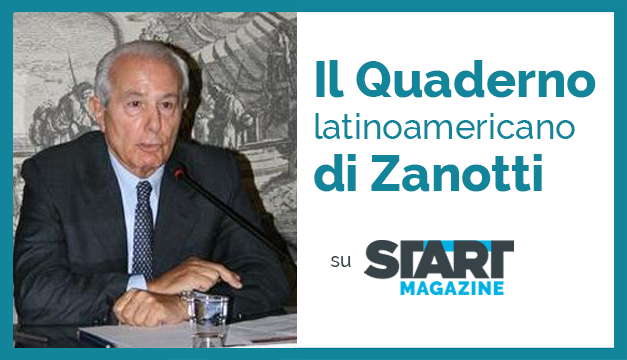I’ll tell you about the Cuban drift

What is happening in Cuba? The study by Livio Zanotti, author of ildiavolononmuoremai.it
The Cuban singularity is falling apart. Comparison with even more unhappy Central American neighbors is not enough to hide it. The Castro regime will not fall tomorrow or the following day. However, that feeling of identity in some way linked to the Revolución, which has held the mass of the Cuban people together through sixty years of challenges (will is power …), sacrifices, adversities and seismic disappointments, is collapsing. Except for exceptional moments, the method of door-to-door control had so far allowed the regime to filter the repression of even growing dissent, without having to send special troops to clear the streets of demonstrators. The protests of 11 July last, a Sunday of overwhelming passion, changed the relationship between government and the governed.
It was an increasingly contradictory sentiment, from which national pride and daily cunning, solidarity and black market, bombast and petty betrayals were taking my breath away. The periodic shortages of food, drugs and basic necessities, the endless queues to access them, now obligatory and semi-permanent (so much so that the irreducible Cuban irony called them substitutes for what once were the basic political meetings), the minimal traffic of every day necessary for survival, have corroded it from the inside. Covid with its victims (the deaths, first of all, although less numerous than in the surrounding countries; and no less lethal, the paralysis of tourism, the number one voice of the Cuban economy) caused it to explode.
Sooner or later it had to happen. Dimas Castellanos, an independent political scientist with a Christian-social tendency (but decades ago he also taught Marxism in technical schools), a dissident hitherto tolerated by the regime, distilled a peremptory analysis of the transformations that took place on the island: by definition – he says – revolución consists in a radical change of the system of power. The time that elapses in replacing the existing institutional structures with those functional to the renewal project lasts. This process in Cuba was particularly protracted. Opened in 1959, it reached its peak with the 1976 Constitution. From this date onwards there is no longer a revolución in Cuba, there are – on the contrary – immobility and regression.
The specificity of the Castro revolution, creativity, contradictions, mimetic ability, does not deny its epos, which however – perhaps due to the disappearance of its major protagonists, from Fidel, to Camilo, to Che; certainly due to the change of era – now it does not accompany its decline. The audacity but also the ambiguities of Fidel, from the assault on the Moncada to the landing of the Granma and the guerrillas in the Sierra Maestra, up to the triumphal entry into Havana in January 1959, made possible the defeat of the dictator Batista. The revolución had the great majority of Cubans on its side, adding to the fighting rebels the opinion of those in favor and of those who were limited to not being against. Today, only a similar majority will be able to overcome the internal crisis that suffocates the island no less than the blockade maldito that feeds it back.
The current hostilities of the United States are not comparable to those of the Richard Nixon-John Foster Dulles couple, who pushed President Eisenhower even further than his intentions of retaliation for the Castro nationalizations of American assets in Cuba. However, they should not be underestimated. Indeed, there are reasons to believe that Biden would not oppose an easing of sanctions, in particular a suspension of the Helms-Burton Act imposed on Bill Clinton in 1996 by a Republican-dominated Congress. Because the consequences of an out-of-control Cuban crisis on the entire American continent worry him. But not to the point of inducing him to wage a political battle that promises to be very difficult both in Congress and in the country to avoid them.
It should therefore be the Cuban government that takes the initiative to promote the conditions necessary for a suspension of the most hateful measures of sanctions to appear defensible, in the face of more than certain opposition from the republican right. Thus starting a process that provides for profound structural reforms in the economic system and a concrete recognition of broader individual rights to the 11 million Cubans. These are the openings of a liberal nature that the island has been discussing for decades, with internal conflicts both in the party and in the direct administration of the state. Never disclosed sufficiently to assess the forces of the trends in the field. However, we know the results, up to now always below the needs. For the revolución, however, the ongoing struggle for who will take over the leadership of its inevitable Thermidor seems to be the ultimate challenge.
This is a machine translation from Italian language of a post published on Start Magazine at the URL https://www.startmag.it/mondo/la-deriva-cubana/ on Sat, 31 Jul 2021 06:25:10 +0000.
